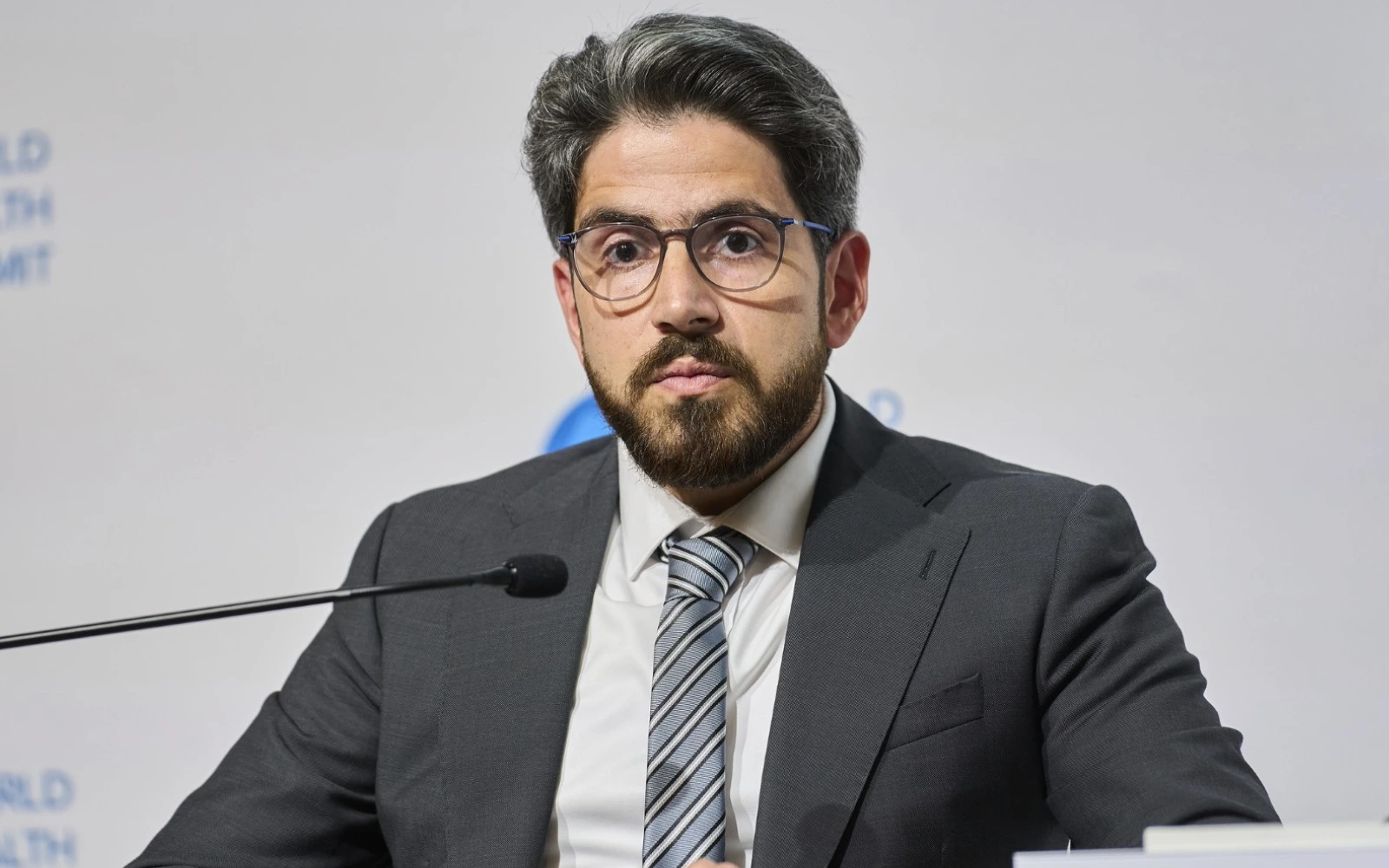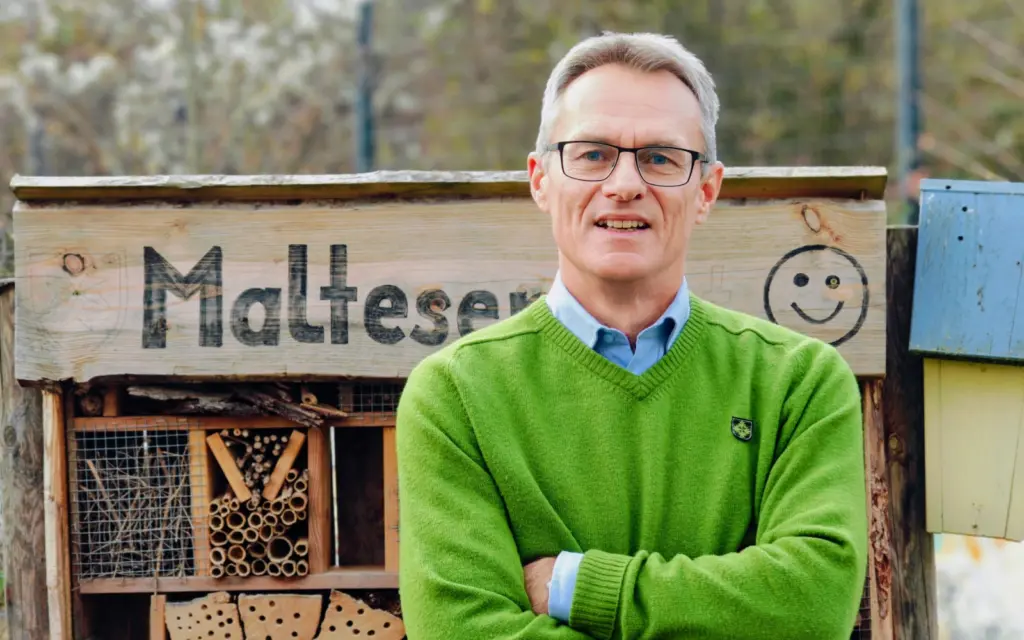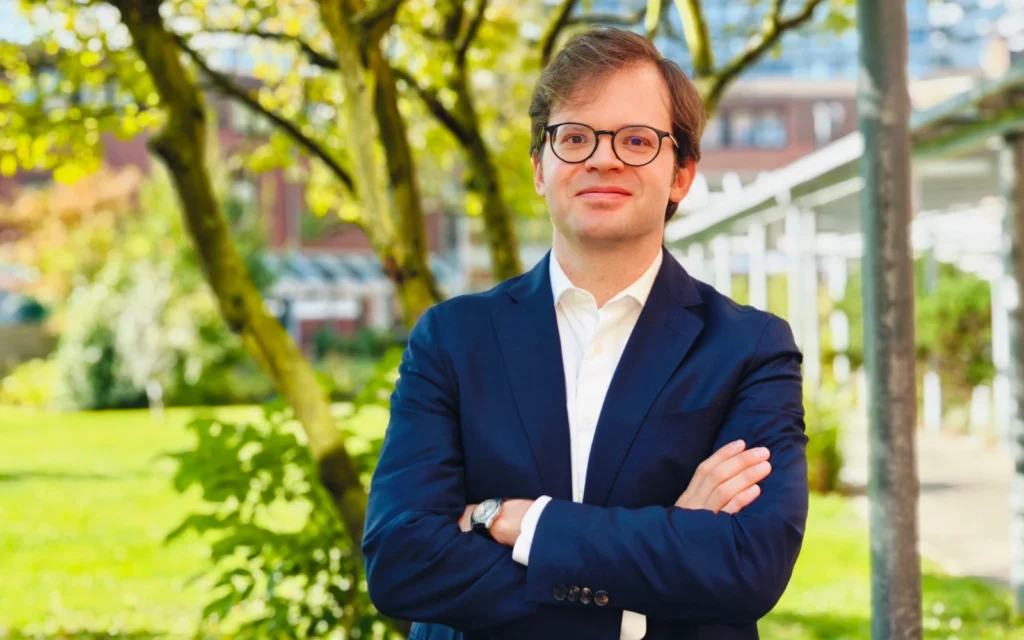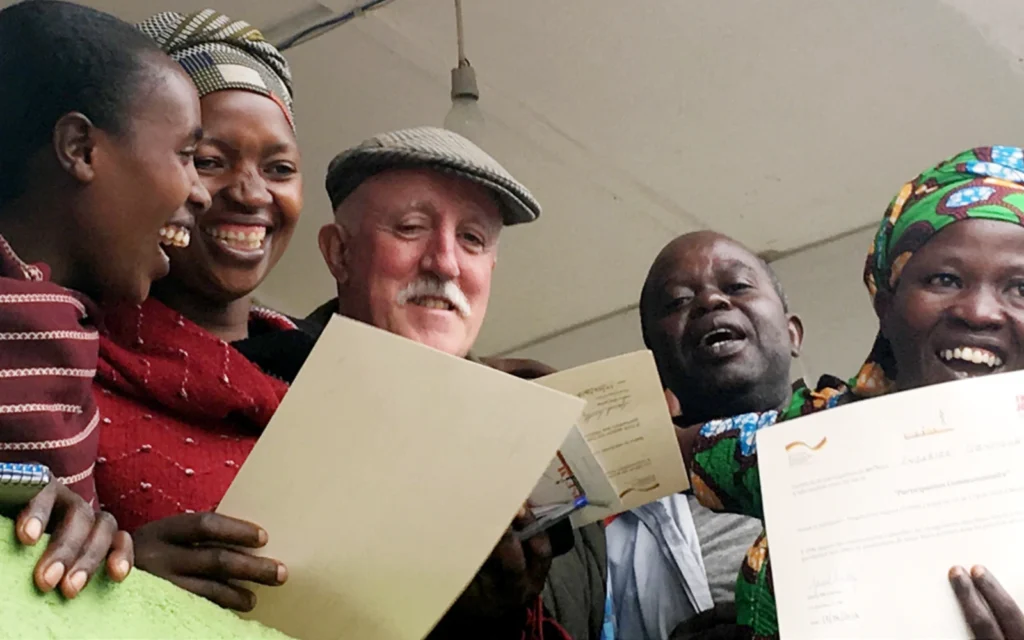OneSec: Ahmad, your story is deeply personal and rooted in your commitment to nonviolence. Can you share how you began this journey?
Ahmad Helmi: I grew up in a society where showing emotion—except anger—was forbidden for men. I was a very angry and violent teenager until one pivotal night. After an explosive argument with my family, I left the house in a fit of rage. Outside, I began to feel an overwhelming sense of shame and regret for my actions. I remembered my mother’s face, full of fear and disappointment, and my siblings’ helplessness as I lashed out. That image haunted me. I wandered aimlessly for hours, consumed by the realization that I had become the very embodiment of the violence I despised.
Eventually, I found myself at a friend’s house. On his whiteboard, I saw the words, “Nonviolence is the answer.” That moment was transformative. My friend introduced me to the works of Gandhi, and I decided that I needed to change—not just for myself, but for my family and community. I’ve committed to nonviolence ever since.
OneSec: What were the early days of the Syrian revolution like for you?
Ahmad Helmi: Nonviolence was in my DNA by then. I worked to organize peaceful demonstrations, advocating for freedom and justice. But our activism came at a high cost. I was shot by a sniper during a protest, which left me severely injured. Later, I was imprisoned and tortured for three years. Those experiences reinforced my belief that justice cannot come from violence; it must come from accountability and systemic change.
OneSec: Now that Assad’s regime has fallen, what do you see as the next steps for Syria?
Ahmad Helmi: The fall of the regime is just the first step. Justice and resilience must go hand in hand to rebuild Syria.
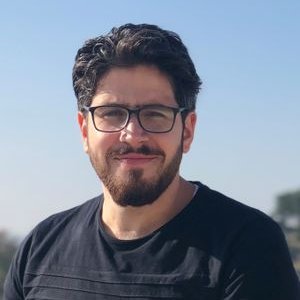
“Forgiveness isn’t a blank check; it requires perpetrators to take responsibility, acknowledge the pain they caused, and offer genuine apologies.”
Ahmad Helmi, Co-Founder of the Taafi Initiative
OneSec: What does justice look like in this context?
Ahmad Helmi: Justice means addressing the pain of victims, especially families of the disappeared. With over 135,000 people disappeared and only around 20% of them released, the families are left in an unbearable state of uncertainty—not knowing whether to grieve or still hope. For mothers, in particular, this pain can be isolating and paralyzing. At Taafi, we focus on building resilience by creating communities of shared experience. When families realize they are not alone, that their pain is part of a broader societal reality, it fosters a sense of solidarity and purpose. This realization has an innate resilience-building effect, as they come to see themselves as part of a collective effort toward justice.
Forgiveness plays a crucial role. Healing requires genuine forgiveness. Victims want to forgive because it allows them to move forward and to heal, but this can only happen if perpetrators take responsibility for their actions. They must acknowledge the crimes and the pain they caused, reflect deeply, and offer sincere apologies. This process isn’t just about individuals—it’s about fostering a society where justice and empathy replace cycles of revenge.
“Revenge through violence only perpetuates the ideology of harm. Lasting change requires justice and nonviolence to counteract cycles of hatred.”
OneSec: It is your believe that revenge can’t be violent. Could you explain this further?
Ahmad Helmi: Revenge through violence only perpetuates the very ideology that caused the harm. For me, the fight must always target the ideology behind the violence, not individuals or physical acts. You cannot defeat such an ideology with guns—it requires a counter-ideology based on justice, understanding, and nonviolence. Only then can we break the cycle of hatred and prevent future atrocities.
“Recovery is a progression: individual recovery leads to community recovery, which, in turn, leads to national recovery.”
OneSec: How can trauma be transformed into meaningful action?
Ahmad Helmi: Trauma can fuel resilience and leadership. Initially, survivors often resist psychosocial support, seeing it as a sign of weakness. At Taafi, we reframe this as leadership theresilience training, which empowers individuals to channel their pain into sustainable activism—advocacy, campaigning, and social work. Survivors learn to use their experiences as a source of strength, contributing meaningfully to the broader fight for justice and societal change.
For example, mothers of the disappeared not only cope with their grief but also become powerful advocates for justice, ensuring their children’s sacrifices have meaning. This transformation from trauma to purpose is at the heart of our work. We also see recovery as a progression: individual recovery leads to community recovery, and ultimately, to the nation’s recovery.
“This isn’t a ‘new Syria.’ It’s a continuation of 12 years of resilience and innovation by Syrian civil society, which must be empowered to lead.”
OneSec: How do you see Syrian civil society playing a role in recovery?
Ahmad Helmi: For everyone involved in Syria’s recovery, I urge them to acknowledge that post-Assad Syria is not a “new Syria.” It’s a continuation of 12 years of resilience and innovation by Syrian civil society. Over this time, local organizations have built robust structures and expertise, proving themselves capable of handling large-scale operations. Many are ready to lead, and they must be trusted to do so.
International donors and NGOs should empower these groups. True partnership means recognizing the capacity of our local actors and supporting them to lead. Assistance must align with the needs and aspirations of Syrians themselves. Only by building on this strong foundation we can achieve sustainable change.
OneSec: Thank you for sharing your powerful story and vision, Ahmad.
Ahmad Helmi: Thank you for giving me the opportunity to share this journey. It is through conversations like these that we can amplify the voices of those striving for justice and resilience in Syria.
